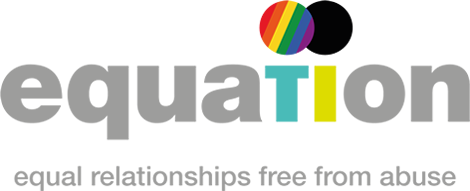JSNAs are local assessments of current and future health and social care needs that could be met by the local authority, Clinical Commissioning Groups (CCGs), or the NHS Commissioning Board (NHS CB). Following the ascent of the Health and Social Care Act 2012 local authorities and CCGs have an equal and explicit duty to prepare Joint Strategic Needs Assessments (JSNA) and Joint Health and Wellbeing Strategies (JHWS), through the Health and Wellbeing Board.
The aim of a JSNA is to improve the health and wellbeing of the local community and reduce inequalities for all ages. It is used to help to determine what actions local authorities, the NHS and other partners need to take to meet health and social care needs and to address the wider determinants that impact on health and wellbeing.
Executive Summary
Introduction
Over 27,000 people experience domestic abuse in the previous 12months and more than 156,000 people do so across their lifetime (16-59 years)
There have been 11 domestic homicides in Nottinghamshire between 2011 and 2013
Approximately 75% of children living in households where domestic abuse occurs are exposed to actual incidents1. These children have an increased risk of developing acute and long term physical and emotional health problems2.
Reporting of domestic abuse incidents to Nottinghamshire Police has increased from approximately 6,000 in 2009 to 10,000 in 2013
Recording of domestic abuse crimes by Nottinghamshire Police has increased gradually from 2009 to 2013
Recommendations for consideration by commissioners
1. Commission sufficient numbers of Independent Domestic Violence Advocates (IDVAs) to at minimum meet the Co-ordinated Action Against Domestic Abuse (CAADA) recommended coverage of 4 IDVAs per 100,000 adult female population
2. Enhance the Multi Agency Risk Assessment Conference (MARAC) process through improved engagement and information sharing between MARAC and GP practices
3. Clinical Commissioning Groups (CCGs) to commission Identification and Referral to Improve Safety (IRIS) in accordance with recommendation 16 in NICE Public Health Guidance (PH50 published February 2014)
4. Investigate the possible reasons why there is a lower rate of recording of domestic abuse (6.4 per 1000 population) by Nottinghamshire Police than other local authority areas and the regional(16.4 per 1000) and national (18.2 per 1000) average.
5. Workforce to implement training in line with NICE PH50 guidance level 1-4
6. Improve data collection and reporting of outcomes in relation to domestic abuse and abuse across Specialist Domestic Violence and Abuse Services
7. Extend midwifery reporting of domestic abuse to all three Acute Hospital Trusts
8. Implement the recommendations outlined in the Domestic Violence and Abuse review (2014) and NICE PH50 guidance
For the full JSNA report, see below:
Nottinghamshire County JSNA 2014

